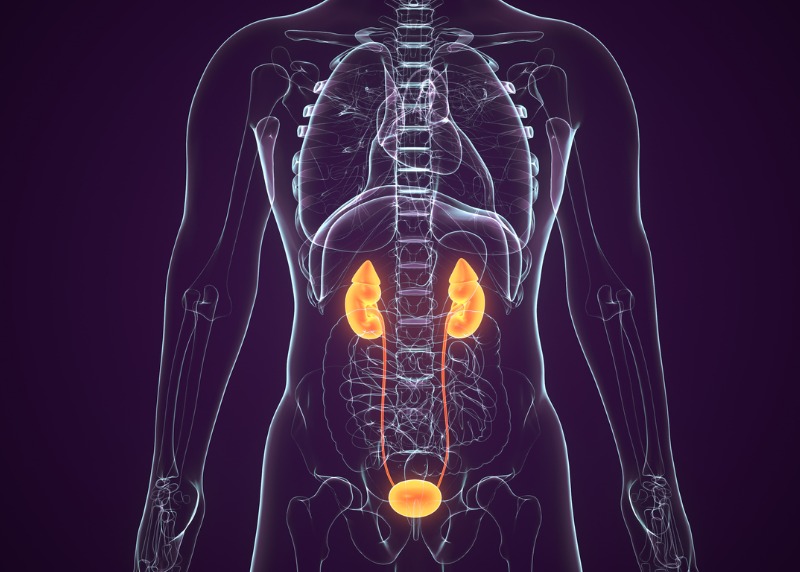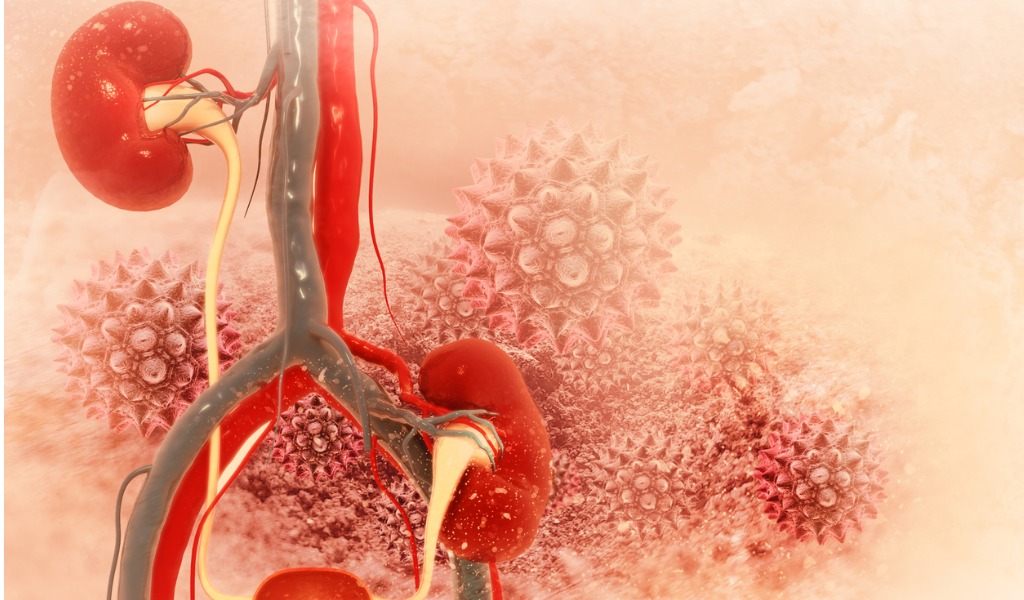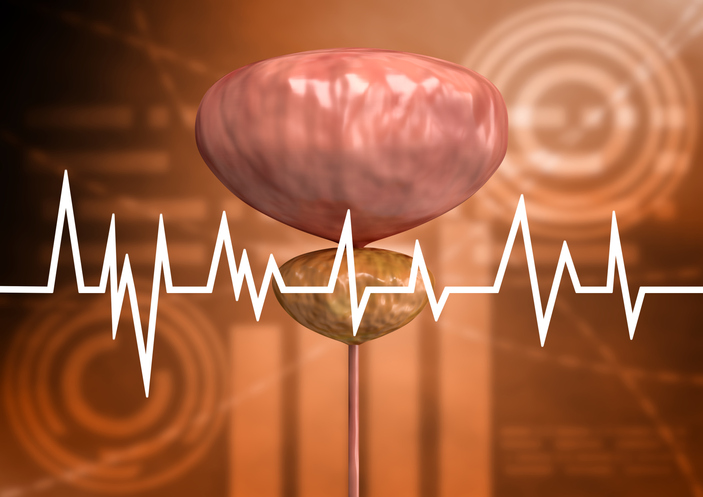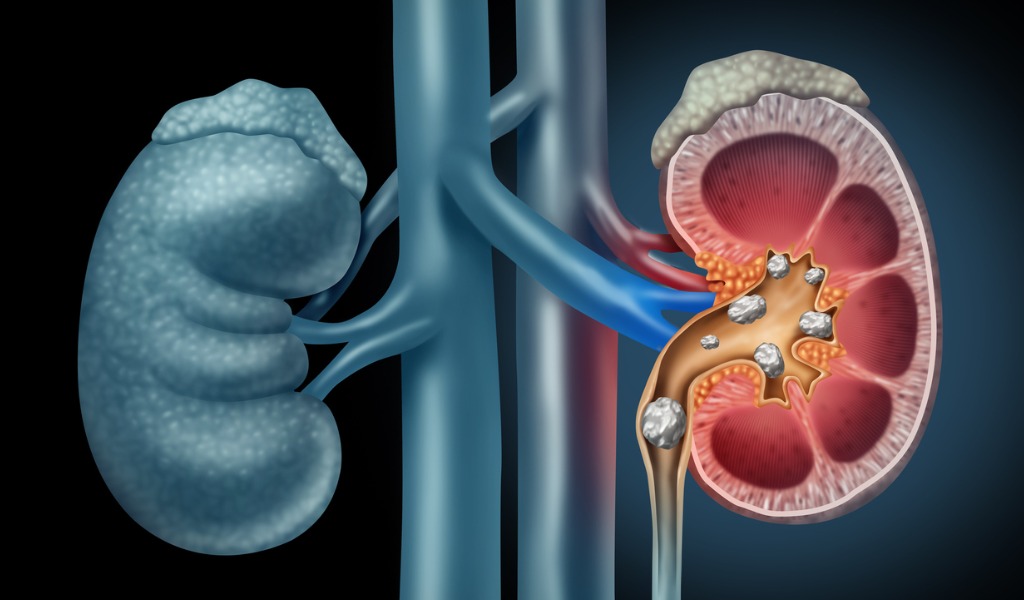Urology
Urology focuses on the surgical treatment of the male reproductive organs as well as diseases of the female and male urinary tract systems. Kidneys, adrenal glands, urinary bladders, ureters, testes, seminal vesicles, prostate, penis and epididymis are some of the organs associated with urology. Urological techniques might include laparoscopic and robotic surgery, laser assisted surgery and scope guided procedures.

Genitourinary Surgery
They are grouped together due to their common embryological origin, use of some common pathways such as the male urethra, and also because they situated close to each other within the body.
Urethral Stricture
Urological Cancer
Kidney Transplantation Surgery
Prostatectomy &Treatment of Prostate Disease
Kidney stone treatment
The size, type and location of kidney stones are the deciding factors for the type of treatment. Small stones can pass through the urinary tract without any treatment. Urologists remove kidney stones with the help of Shock Wave Lithotripsy, Cystoscopy and Ureteroscopy, to blast the stones into small pieces which can pass out of the body. Percutaneous nephrolithotomy is surgical procedure to remove the stones.




